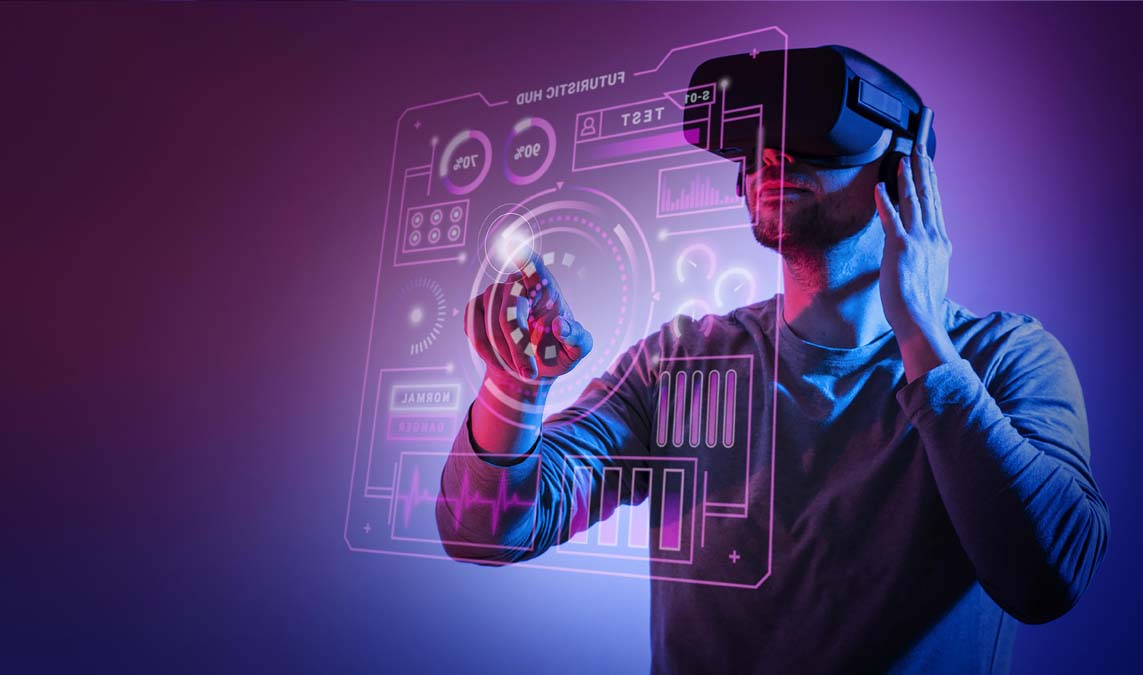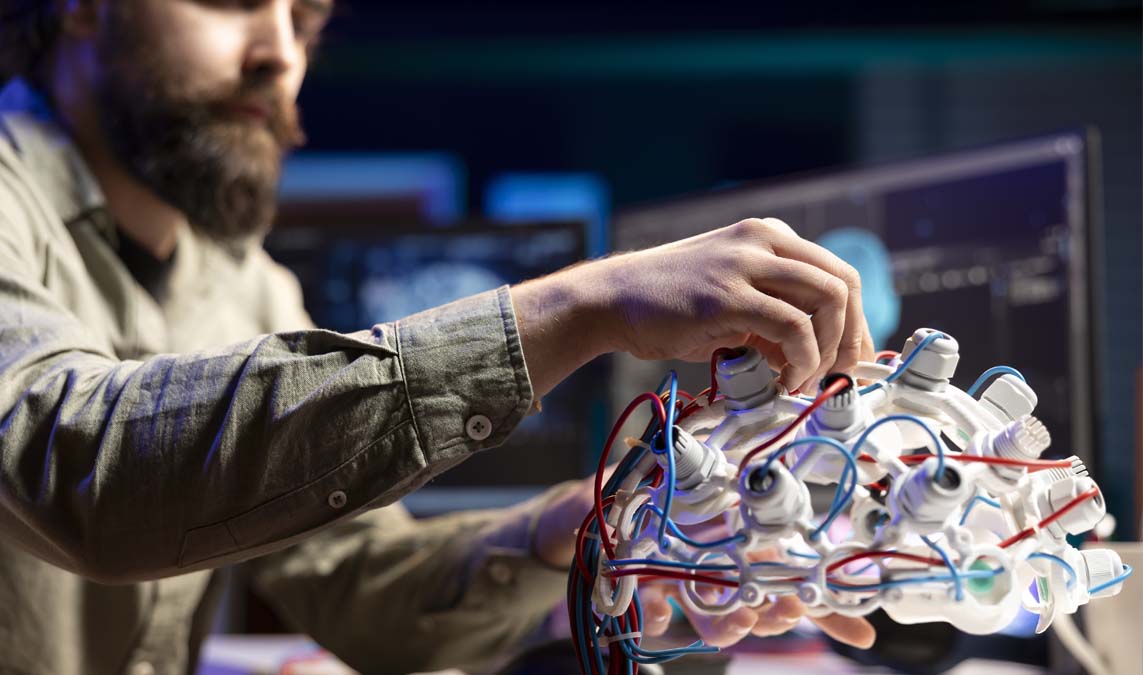The Rise of AI Tools for Marketing
In today’s fast-paced digital world, marketers are constantly seeking innovative ways to connect with their audience, streamline operations, and boost ROI. AI tools for marketing have emerged as powerful assets in this landscape, offering automation, precision, and deep consumer insights. These tools go beyond simple data analysis—they personalize experiences, predict trends, and optimize campaigns in real time.
With the digital marketing space growing more competitive each year, leveraging artificial intelligence has become not just a competitive edge but a necessity. From startups to global enterprises, brands are using AI to craft smarter, more impactful strategies that deliver measurable results.
What Are AI Tools for Marketing?
AI tools for marketing are software solutions that use artificial intelligence, machine learning, and data analytics to perform tasks traditionally handled by humans. These tasks include:
Audience segmentation
Predictive analytics
Content generation
Email automation
Social media monitoring
Customer journey mapping
Because these tools process large datasets quickly and accurately, they allow marketers to focus on strategy and creativity, rather than spending time on repetitive tasks.
Why AI Tools for Marketing Matter
One of the biggest advantages of using AI tools for marketing is their ability to adapt to changing consumer behaviors. Traditional marketing methods often rely on historical data and static audience profiles. In contrast, AI updates its algorithms continuously, offering real-time insights that keep campaigns fresh and relevant.
Moreover, AI significantly enhances personalization. Today’s consumers expect brands to understand their preferences. AI can analyze browsing history, previous interactions, and purchasing patterns to deliver content that resonates on a personal level. This kind of intelligent targeting boosts engagement and conversion rates substantially.

Key Benefits of Using AI Tools for Marketing
1. Efficiency and Automation
AI automates repetitive tasks such as A/B testing, content scheduling, and email personalization. This saves valuable time while ensuring consistent quality across platforms.
2. Improved Customer Insights
AI tools collect and analyze customer data to create detailed profiles. These insights enable hyper-targeted campaigns that reach the right people at the right time.
3. Enhanced ROI
By optimizing ad spend, reducing manual errors, and improving campaign performance, AI helps businesses maximize return on investment.
4. Content Optimization
AI-powered tools like copy generators and SEO assistants suggest improvements that enhance readability, keyword density, and engagement metrics.
5. Real-Time Decision Making
Marketers no longer need to wait for weekly reports. AI delivers real-time performance analytics that empower on-the-fly strategy adjustments.
Top AI Tools for Marketing in 2025
Although there are countless platforms available, several AI tools for marketing stand out for their performance and versatility:
Jasper.ai – Ideal for generating high-quality content, including blogs, ads, and product descriptions.
HubSpot AI – Offers predictive lead scoring, personalized email content, and smart chatbots.
Surfer SEO – Analyzes top-ranking pages and helps optimize content for search engines.
Seventh Sense – Uses AI to determine the best email delivery times for each recipient.
Drift – A conversational marketing platform powered by AI for real-time chat, routing, and engagement.
Each of these tools brings unique features to the table, enabling marketers to craft smarter, more responsive campaigns.
Challenges to Consider
Despite their advantages, AI tools are not without limitations. For example, they may require a learning curve or integration with existing systems. Additionally, overreliance on automation can sometimes result in generic or impersonal messaging.
Therefore, it’s crucial to maintain a balance. While AI can handle much of the heavy lifting, human creativity and emotional intelligence remain vital for crafting compelling narratives and building brand trust.
How to Integrate AI Tools Into Your Marketing Strategy
To get the most from AI tools for marketing, follow these steps:
Identify Objectives: Whether it’s boosting engagement, improving conversions, or saving time, define what success looks like.
Choose the Right Tools: Research features, pricing, integrations, and user reviews before selecting a tool.
Start Small: Begin with one or two platforms and scale up as your team becomes more comfortable.
Train Your Team: Ensure your marketing staff understands how to use AI tools effectively.
Monitor and Optimize: Use performance data to refine your strategies continually.
Transitioning to an AI-enhanced marketing approach doesn’t have to be overwhelming. With the right roadmap, businesses can evolve confidently and efficiently.
The Future of AI in Marketing
As technology continues to evolve, the role of AI in marketing will only expand. We can expect more advanced predictive modeling, deeper customer segmentation, and greater integration with voice and visual search. Furthermore, ethical considerations and data privacy will shape how AI is implemented moving forward.
Brands that stay ahead of these trends and continue to adapt their strategies accordingly will enjoy a competitive advantage in their respective industries.
Conclusion
In summary, AI tools for marketing are transforming the way businesses engage with their audiences. They bring unprecedented efficiency, personalization, and strategic clarity to digital campaigns. While challenges exist, the potential benefits far outweigh them.
To thrive in this new era, marketers must embrace AI not as a replacement for creativity, but as a catalyst that amplifies human potential. With thoughtful integration and continuous optimization, AI can drive your marketing efforts to new heights.







